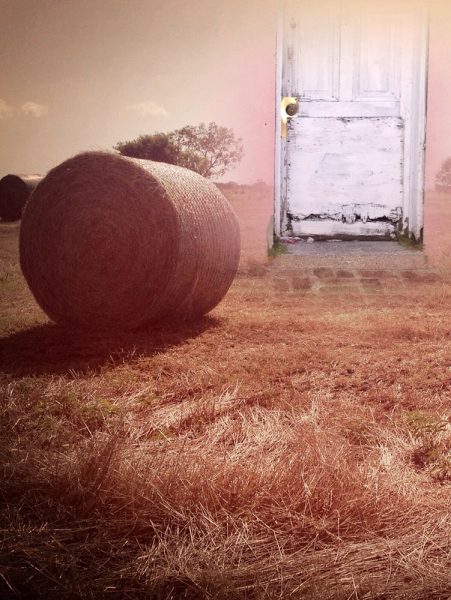In your story, two angels savagely fist-fight. Is their technique based on firsthand observations of angels or other pugilists? If so, please provide details.
It was mostly based on chickens fighting, honestly. Have you seen chickens fight? It’s very flappy and pointless until suddenly there’s blood in the coop. I think even if I saw some magical violence, it wouldn’t be magic. If, say, two goblins got in a bar fight, it would still be harrowing and somehow mundane and ugly. Violence is the stuff of dopes, and romanticizing it is probably a bad idea, even though I watch a lot of terrible action movies and hey, look, I romanticized it at least a little bit in this story.
The main character of “Guardianship” never tries to intervene in the angels’ fight. Please support or refute the notion that intervention in the problems of others is a fool’s errand.
I think in this case it is, because either you believe that angels exist and intervening in their affairs would be foolhardy or you don’t believe that angels exist and are therefore experiencing some kind of psychotic experience, at which point it’s probably best to stay inert. But if we’re talking about the realm of inconsiderate roommates or lousy boyfriends, I say sure, get in there and muck around, or at least buy the person a drink.
Your narrator can’t drink when he has the kid with him, which sounds like an imposed restriction. It makes me wonder about Dwayne’s parents. Why did they break up? If the ex knew about the angels and the father’s cover story, would it help their relationship or hurt his visitation rights?
I sort of hadn’t thought about their breakup beyond thinking of this character as someone who was born fucking up and continued to do so. I write a lot about people who wish they could be better, which, big surprise, comes from my own fears, et cetera. I think no matter what comes out of this moment, our dad here is going to find a way to fail Dwayne, whether it’s in a big way or a thousand small ones. I mean, fatherhood is a state of failure and decay, yeah?
Actually, when your narrator tells his son why the angels are fighting, it’s quite tender, albeit twisted. What’s the most disappointing lie you believed in as a child?
Once when I was at elementary school, I convinced myself that my mom had bought me a present, and that it was waiting for me when I got home. I believed it was the Castle Grayskull playset, just your standard He-Man nonsense. When I got home, I was crushed, which may well be the beginning of me realizing that my thoughts don’t have any influence on reality. This is a very good philosophy for a writer to have.
“Guardianship” illuminates the constant parental struggle between explaining and insulating. Of course, we do a lot of additional damage by trying to prolong our kids’ infantile innocence. What are our chances of raising kids who can cope with tough truths (like angelic warfare or warfare in general) and maybe even change them? I’m a little worried Dwayne grows up to be a narcissist. Is he adequately prepared for reality?
Is anybody? Are you? The other day I saw a kind of cloud I’d never seen before. I’m thirty-five. Things like that shouldn’t happen, but they do, and there wasn’t even any violence or heartache to it, just: you thought you were done with types of clouds, Zach VandeZande, but oh, you don’t even know. We prepare kids for what we went through in the past without considering that they’re going to live in the future. But: I sort of think the fact that we blow it, that we’re incapable of preparing children for what’s coming, is part of what makes them strong and angry and capable of doing good in the world. But also: I’m a sap at heart. But also also: I think being a sap at heart is an important thing to hold on to.



 The SmokeLong Grand Micro Contest (The Mikey) is now an annual competition celebrating and compensating the best micro fiction and nonfiction online.
The SmokeLong Grand Micro Contest (The Mikey) is now an annual competition celebrating and compensating the best micro fiction and nonfiction online.